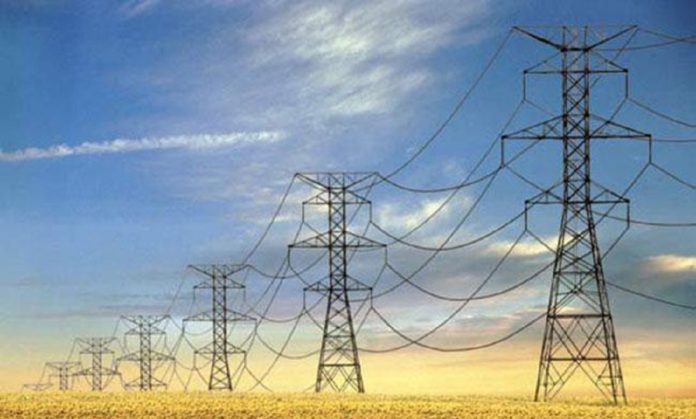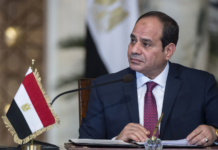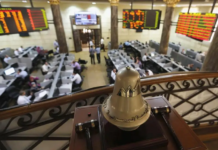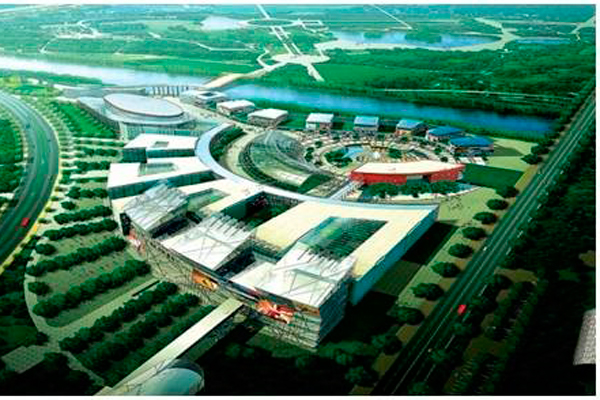On March 7, 2018 the governments of Egypt and Cyprus entered a pre-works phase for a 1707km sub-sea 4 Billion USD Interconnector cable that will connect the electricity grids of Egypt, Cyprus and Greece with Europe. “Cyprus is becoming an electricity hub between Europe, Africa and Asia, and Egypt will become an energy hub for Africa and electricity carrier for and to the European continent,” said Nasos Ktorides, CEO of the EuroAfrica Interconnector, as published by the project site. “Europe will now be connected to Egypt, with our 4,000 years of history, of culture, civilisation and trade, bringing Africa and Europe even closer,” added Mohamed Shaker, the Egyptian minister of Electricity and Renewable Energy according to the same source.
Egypt targets exporting electricity to Europe. A thought if spoken out-loud only 4 years ago would have sounded inconceivable! At the time, international Media headlines read like this; “Egypt’s power crisis worsened by declining natural gas production” Financial Times, May 29, 2013, “Egypt suffers regular blackouts due to worst energy crisis in decades” The Guardian, 20 August, 2014. Egyptians were frustrated yet the government solutions at time of the crisis were causing more public frustration. In 2012, Prime Minister Hisham Qandil (of the brotherhood government) publicly acknowledged that Egypt had an energy crisis, and he advised residents to conserve energy by congregating in single rooms and wearing cotton clothes rather than using air conditioners. On the other hand, before the 30th of June revolution that removed Mohamed Morsi from power in 2013, he was accusing Mubarak sympathisers of hiring people to cut power lines, implying that the energy “crisis” was manufactured by partisans. On a more scientific level the Middle East Institute published a report in September 2014 that stated that long before the January 2011 uprising, the Egyptian energy grid was inefficiently administered by a weak state that was incapable of implementing a “rational” plan for securing energy. The government’s long-term plan was based on a 10 percent increase in the yearly demand. However, the annual increase exceeded 12 percent. In the preceding 15 years, the state has added capacities of 10200 megawatts (Mw) generated by thermal power plant, and by the end of 2013 the Egyptian power generation capacities reached 30000 Mw. That this is inadequate for a population of 86 million is apparent when one considers consumption in other countries: South Africa, 44000 Mw, population 48 million; South Korea, 80000 Mw, population 49 million.
Since the election of President Abdelfattah El-Sisi in 2014 the Egyptian government has increased its efforts to solve the energy crisis. Actions were taken to reconstruct, modernise and develop the entire energy sector, as well as to diversify energy sources. Egypt chose to advance the production of both traditional (hydrocarbon-based) and alternative sources of energy (solar, wind, etc.). Among the actions taken to solve the problem was contracting a German electronics-manufacturing giant, Siemens, at a cost of $6.4 billion to build three gas-fuelled power plants in the governorates of Egypt. Each of the plants targeted to produce 4,800 MW of electricity annually at peak operations. The government also encouraged the private sector to establish its own solar and wind farms and contracted a Russian company to build a nu¬clear power plant in north-western Egypt. The plant, which will include four nuclear reactors, each producing 1,200 MW of elec-tricity by completion in 2022, will cost $30 billion. “In less than two years, the gov-ernment managed to end electrical power shortages and even pave the road for surpluses,” said Gamal al-Qaluibi, a power engi¬neering professor at Cairo Universi¬ty, as reported by UPI.
Egypt’s power grid is already connected to Jordan and Libya, however, connecting to Europe was not the first contemplated ambitious expansion of El-Sisi’s government, in December 2017 Al Ahram reported that Electricity Minister Mohamed Shaker announced that Egypt is in talks with Saudi Arabia for an electricity interconnection project at a total investment cost of $1.56 billion and with a 3000 megawatt capacity. It is worth mentioning that Saudi Arabia has been connected to Qatar, Kuwait, and Bahrein since 2009, which means that this step will enable Egypt to be part of the Middle East’s interconnected network. By joining this network, Egypt will expand its export market for the electricity it produces. Currently, the country produces more than it needs, Shaker revealed as reported by ecofin agency.















